The Ministry continuously "urges" ENTERPRISES to pay the fund.
The Ministry of Industry and Trade has just issued an official dispatch urging Hai Ha Waterway Transport Company Limited (Hai Ha Petro) to urgently pay the amount it owes to the Petroleum Price Stabilization Fund (BOG) to the budget, with the amount owed to the fund and late payment interest being about 612 billion VND.
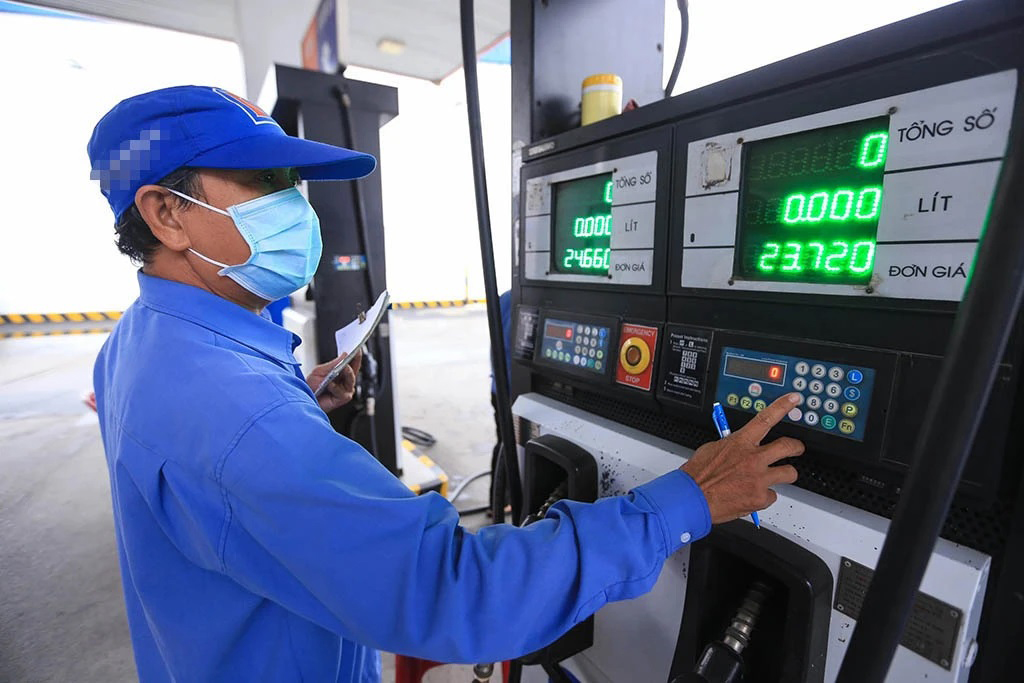
Recently, many key enterprises have violated the management and use of the Petroleum Price Stabilization Fund.
About a month earlier, the Ministry of Industry and Trade and the Ministry of Finance also sent official dispatches urging this enterprise to pay back the fund debt but to no avail. Hai Ha Petro is one of seven petroleum wholesale enterprises that the Government Inspectorate concluded had misused the BOG fund, not transferred it to the fund account, and left it in the enterprise's regular payment account for many periods before returning it to the fund with an amount of nearly VND 8,000 billion. Of these, three wholesale enterprises had been administratively sanctioned by competent authorities many times. The amount of debt to the BOG Petroleum Fund of Hai Ha Company as of the end of November 2023 was VND 612 billion. This unit also under-declared and owed thousands of billions of VND in environmental protection tax and had its license to be a petroleum wholesale trader revoked by the Ministry of Industry and Trade.
In addition to Hai Ha Petro, another petroleum wholesale enterprise, Xuyen Viet Oil, also had its petroleum import and export license revoked by the Ministry of Industry and Trade since August 2023. The General Department of Customs has also issued an official dispatch to stop customs clearance of import and export products of these two enterprises since the end of January. Up to now, many senior leaders of these two enterprises have been prosecuted and detained by the Investigation Police Agency of the Ministry of Public Security to investigate the crime of violating regulations on management and use of State assets causing losses...
In the document sent to Hai Ha Petro, the Ministry of Industry and Trade cited the regulation stating that the Ministry of Finance is the agency in charge of guiding, inspecting, supervising the petroleum focal points in setting up, spending, using, and managing the Petroleum BOG Fund. This Ministry is also the unit that inspects, controls the source of payment, as well as complies with regulations on collection and handling violations of taxes, fees, and other revenues according to its authority. The Ministry of Finance affirmed that this agency has measures to enforce and recover the misappropriated money of enterprises. However, because the case is under investigation, it is necessary to coordinate and wait for the verdict from the police agency. Thus, the recovery of the Petroleum BOG Fund money from these violating enterprises is quite difficult, and it is unknown when it will take place.
According to the provisions of Decree 95/2021 on petroleum trading, the Petroleum BOG Fund is established at the enterprise when the Ministry of Industry and Trade grants a business license to the principal enterprise. The fund can only be used in cases where the base price is higher than the current retail price or the increase in petroleum prices affects socio-economic development and people's lives. However, in reality, the allocation and use of this fund has not been for the right purpose for a long time.
There should be an intermediary unit to hold the fund.
Lawyer Truong Thanh Duc, Head of the Policy Advisory and Criticism Department of the Vietnam Association of Business Administrators, said that leaving the BOG Petroleum Fund in the accounts of key enterprises from the beginning was wrong because the fund can only be used when the management agency allows it. Now that the enterprises have had their licenses revoked, how can we urge them to transfer the money back? "The enterprises used this money for other purposes and violated the law and were fined many times before being arrested and having their business licenses revoked," said Mr. Duc.
—Lawyer Truong Thanh Duc (Head of Policy Consulting and Review Board of Vietnam Association of Corporate Directors)
"Decree 83 stipulates that the main petroleum traders are fully responsible before the law for choosing a bank, managing and ensuring the preservation of the balance of the Petroleum BOG Fund; Joint Circular 39/2014 and Circular 103/2021 stipulate that the Petroleum BOG Fund is accounted for and monitored by the main traders separately with a deposit account at a commercial bank, and it is strictly forbidden to use the fund to provide business capital or for purposes other than stabilizing petroleum prices. However, the above regulations are only of recommendation value because there are no specific mechanisms or measures necessary to ensure that it must be maintained in practice," emphasized lawyer Truong Thanh Duc.
In the inspection conclusion in early January, the Government Inspectorate also stated that the agency managing the BOG Petroleum Fund had shirked responsibility; lacked regulations, coordination rules and assignment of tasks between the Ministry of Finance (the leading unit) and the Ministry of Industry and Trade (the coordinating management unit) in the process of inspecting and supervising key petroleum traders. The State Bank has not issued a document guiding commercial banks on the management of the BOG Petroleum Fund, causing 7 enterprises to misuse the fund with a total amount of more than VND 7,927 billion. This amount has been kept in payment accounts for many periods without being transferred to the fund account.
From there, lawyer Duc suggested: "It is necessary to stipulate an intermediary agency to manage this fund or at least to stipulate a mandatory blockade of this fund. The most important thing is that the fund is aimed at BOG petroleum but does not stabilize the market in its true nature. If we want to keep the BOG petroleum fund in the current context, we should amend the fund's regulations to what world price level, how much will be spent on stabilization. For example, if the oil price is from 70 - 80 USD/barrel, the fund will not be received; if the world oil price increases to 90 USD/barrel, the fund will be spent for 5 USD; if it increases to 100 USD/barrel, the fund will be spent
7 USD… We cannot set up a fund like this: if oil prices increase, we will spend a lot; if prices increase again, we will run out of money, what will we spend? That is not to mention the continuous increase in prices, but because of fear of fluctuations, we cannot spend any money like in the past."
Talking to Thanh Nien , many financial and economic experts also said that the recovery of the BOG Petroleum Fund money at enterprises is completely possible, through competent authorities. However, early recovery is quite difficult.
Associate Professor, Dr. Dinh Trong Thinh expressed his opinion that the Ministry of Industry and Trade continuously issued official dispatches urging enterprises to pay the fund because although enterprises had their licenses to operate as petroleum hubs revoked, their cash flows were still circulating here and there, so they could still be transferred to pay the budget. Even when enterprises declare bankruptcy, from the valuation of the enterprise's assets, competent authorities can still calculate and prioritize the recovery of state money first. The debt to the Petroleum BOG Fund can be recovered, but it will probably take time...
In addition, according to Mr. Thinh, the management of the BOG Petroleum Fund has many problems in supervision. The allocation and disbursement of the BOG Petroleum Fund has not been paid attention to, because the price movement has not increased too dramatically, so the inspection and supervision may be lax. The risk of misappropriation of the fund is very likely to continue when we still let the fund stay in the accounts of the enterprises, while many units are having difficulties in doing business. It is necessary to change the management method and have the work of inspecting and supervising the fund according to each price adjustment period.
The Ministry of Industry and Trade, in its role of managing goods, import and export, knows the source of goods that businesses sell and buy, and will have a very detailed grasp of the fund balance. Therefore, it is advisable to assign the responsibility of managing this fund to a certain agency and take responsibility when an incident occurs.
Source link


































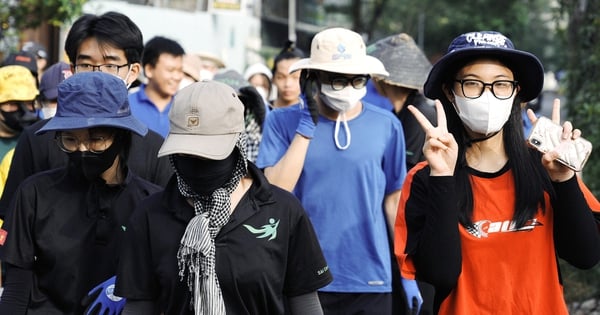


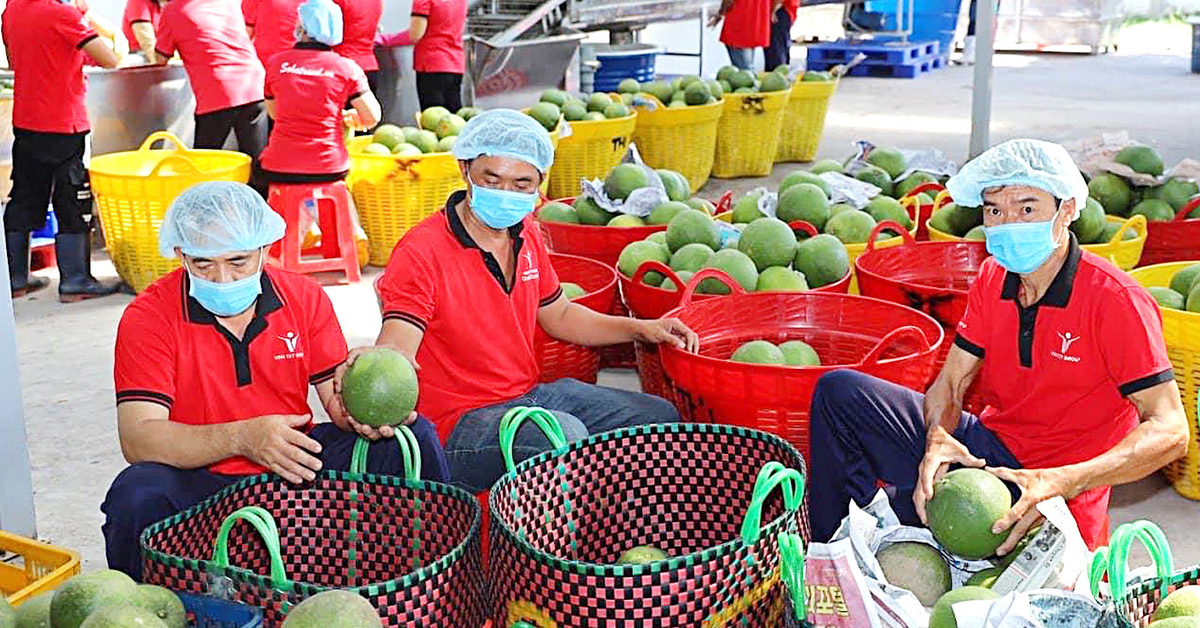

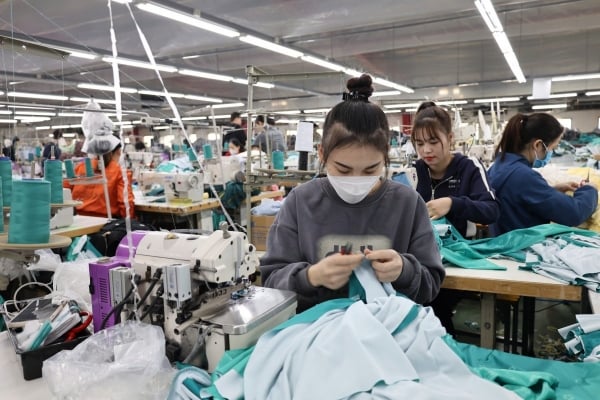

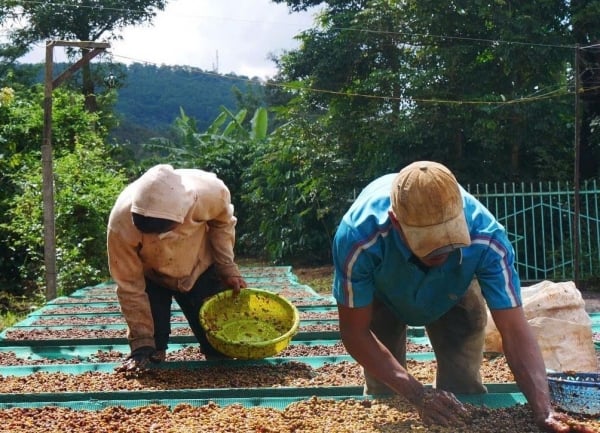


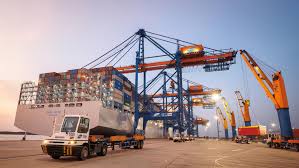




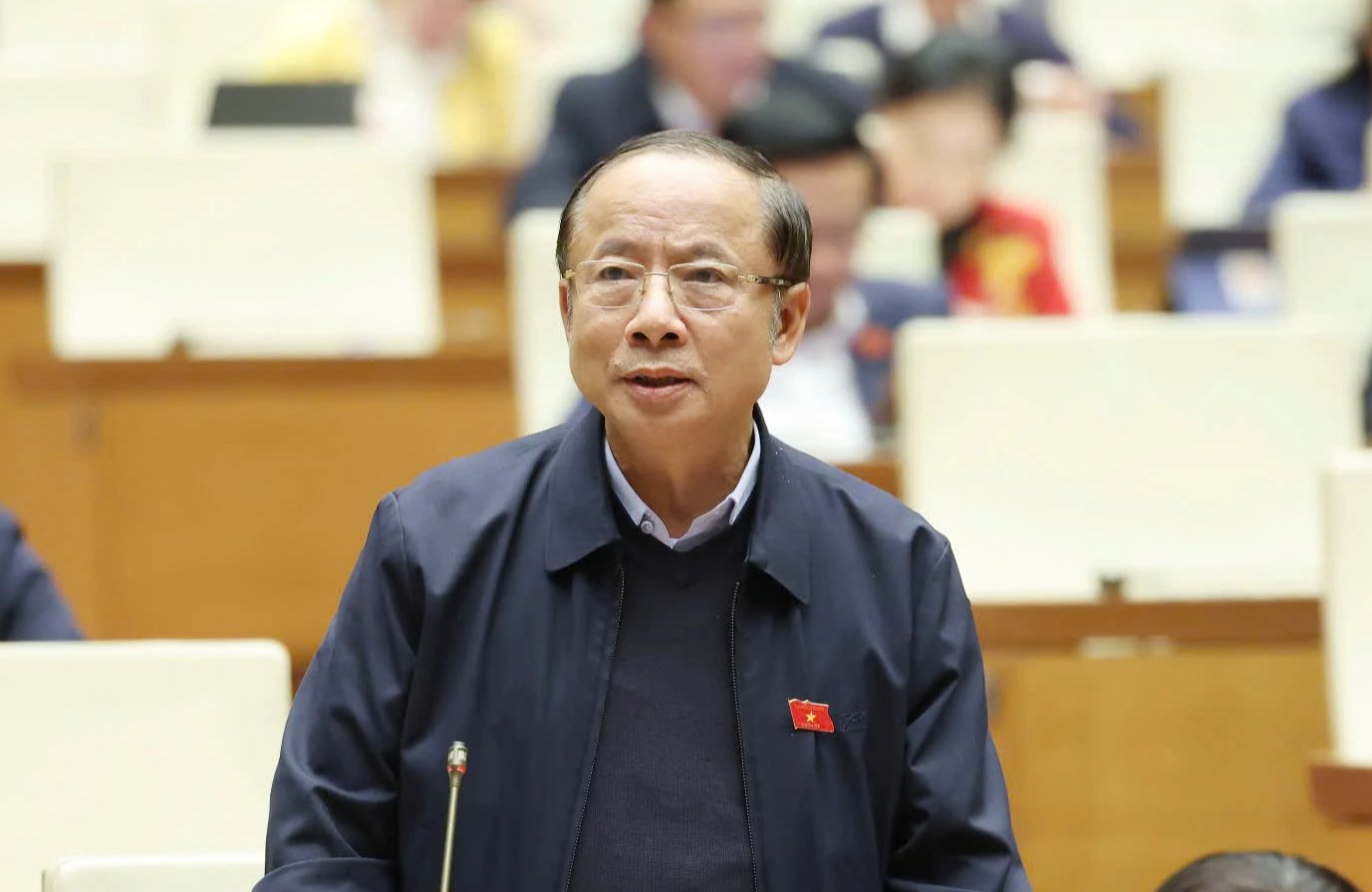
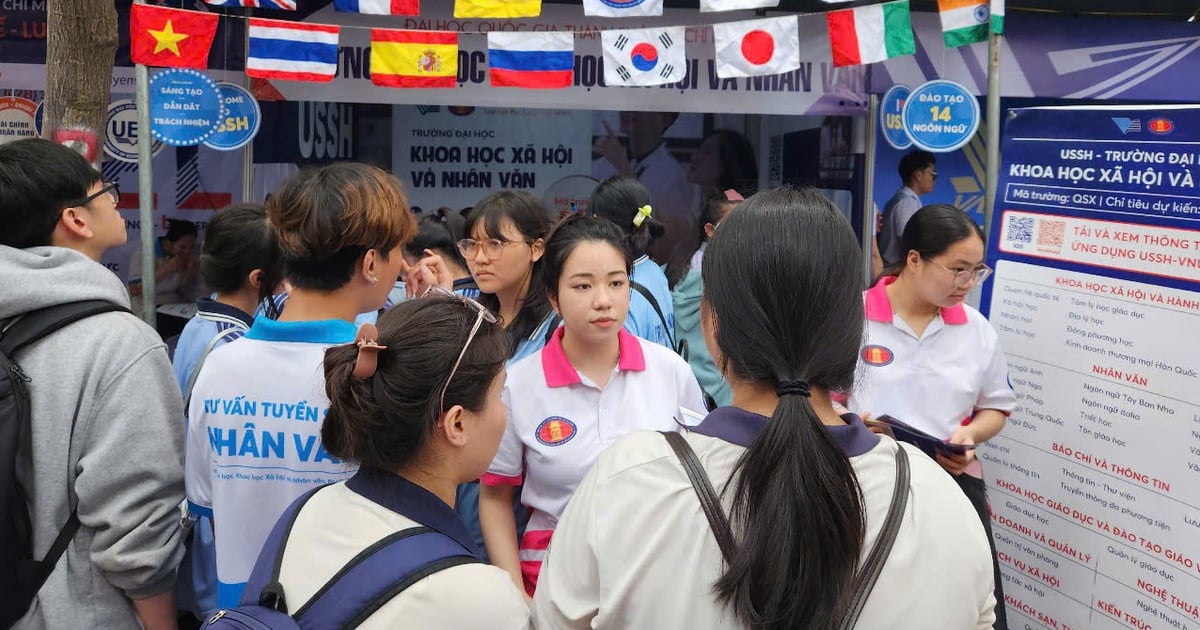


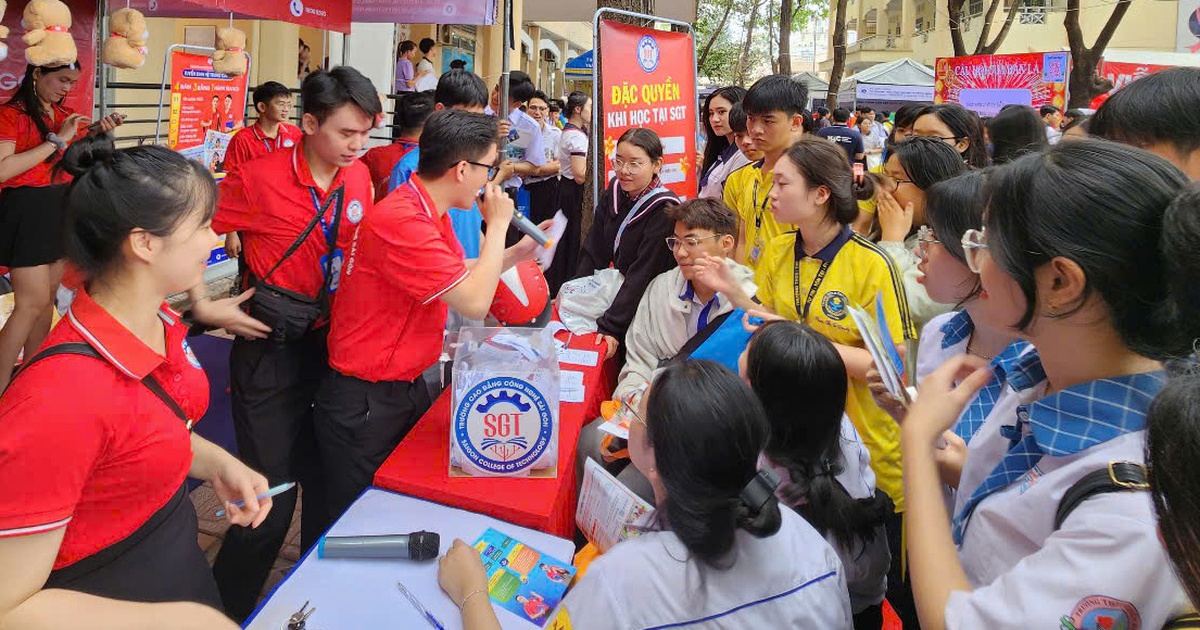



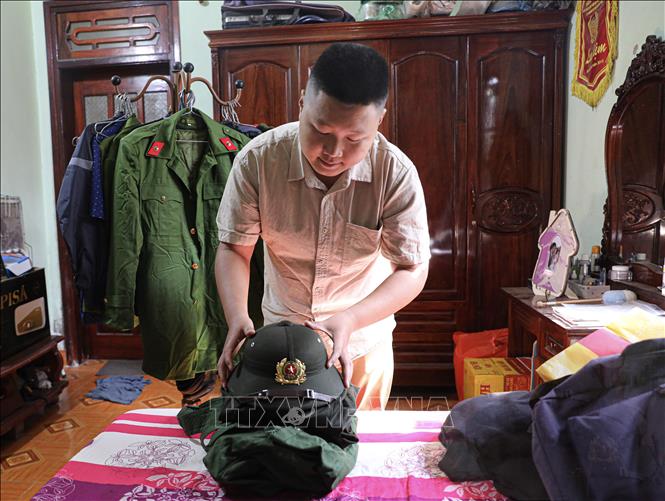








Comment (0)